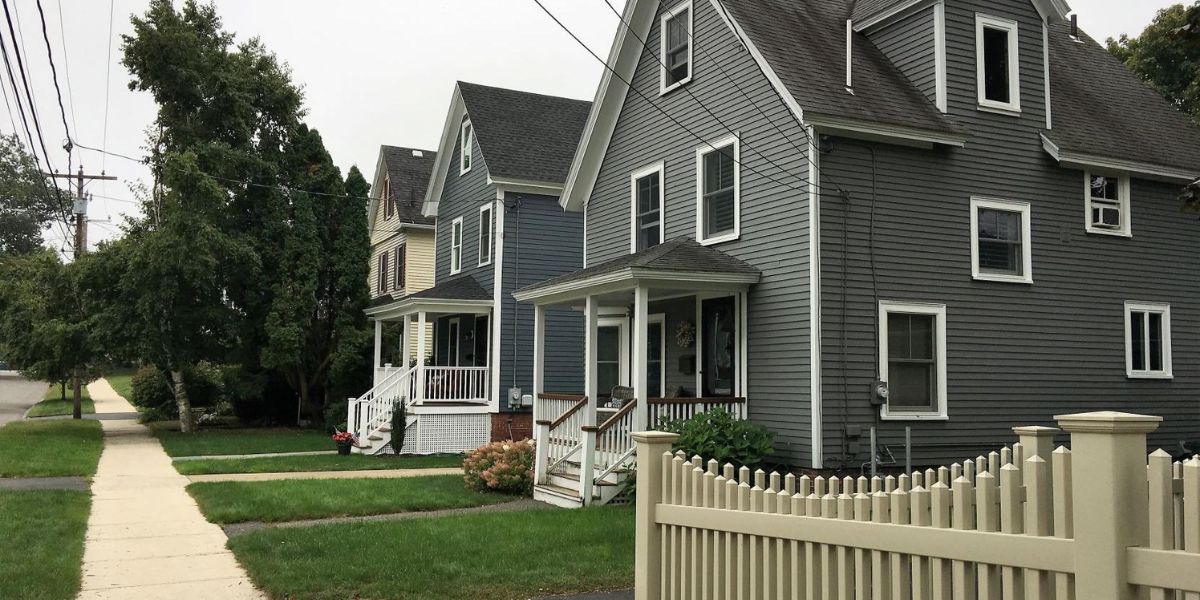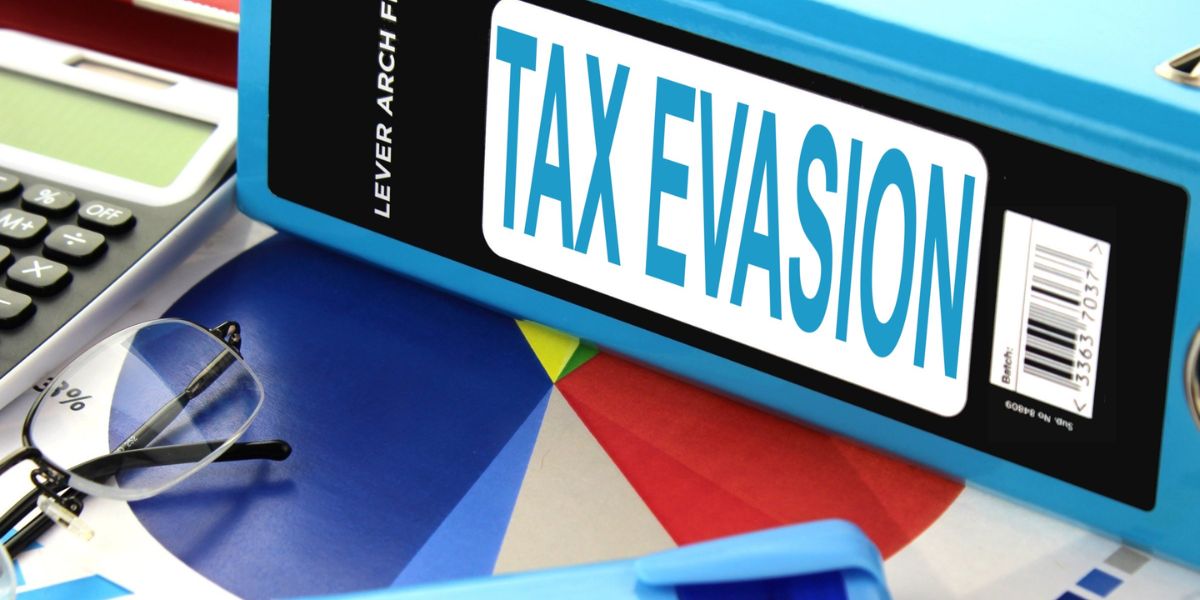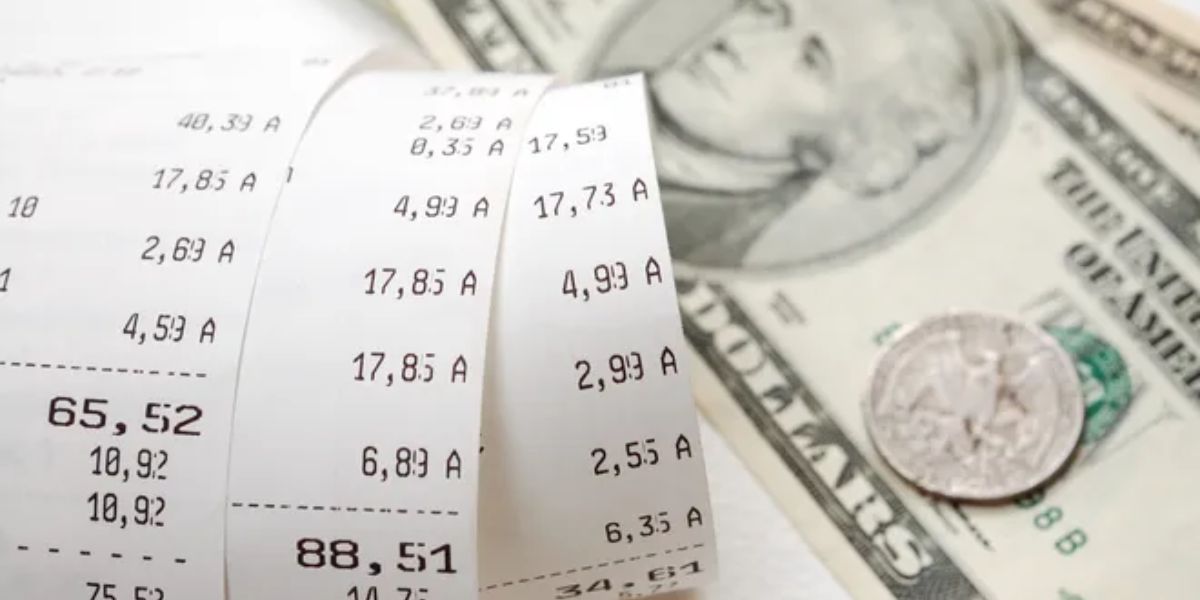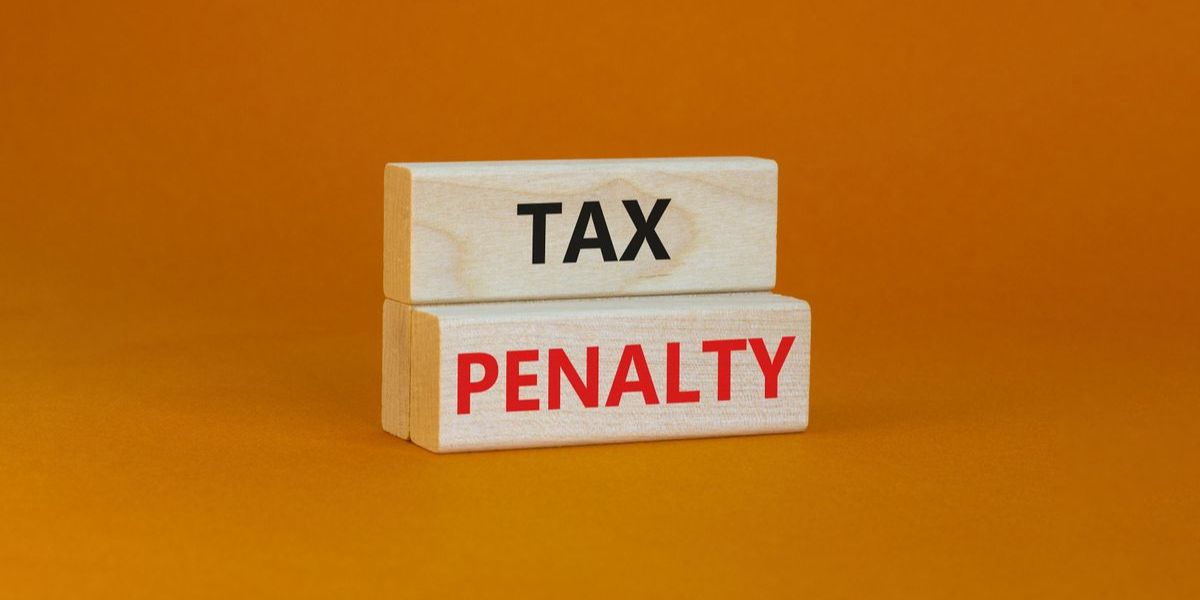Residents in New Hampshire are facing a sudden and unexpected property tax hike, with mobile home and condo owners experiencing a dramatic increase in their tax bills. In some cases, property taxes have tripled overnight, leaving homeowners shocked and scrambling for answers.
This unanticipated jump in taxes is sparking concern and frustration among New Hampshire residents, as many struggle to understand the reasons behind such an abrupt rise.
The Unprecedented Tax Increase
For many homeowners, receiving a tax bill with triple the usual amount has been a major shock. The increase in property taxes primarily affects owners of mobile homes and condominiums, who have seen their assessments jump dramatically. While tax hikes are common in some parts of the country, this sharp and unexpected rise has caught many off guard, particularly those on fixed incomes or in communities where affordable housing options are already limited.
For many of these homeowners, the increase is difficult to comprehend, as there were no prior warnings or explanations provided by local officials. What’s worse, some mobile home and condo owners are now facing the possibility of being forced to sell their properties due to the financial burden the tripled property taxes impose.
Why Are Property Taxes Rising So Dramatically?
The cause of the sudden tripling of property taxes is still unclear to many residents. Several factors may be contributing to this increase, though none have been officially confirmed as the sole cause. Here are some possible reasons:
- Reassessment of Property Values: Some towns in New Hampshire have recently undertaken property reassessments, which could lead to higher valuations for certain homes. When a property is reassessed at a higher value, the corresponding property tax can increase significantly.
- Rising Local Budgets: Many municipalities are facing increased costs for services, infrastructure, and public schools. In an effort to cover these rising costs, cities and towns may have increased property tax rates to generate more revenue.
- Statewide Property Tax Issues: Some experts believe that the statewide property tax system could be contributing to the hikes. New Hampshire’s reliance on property taxes as a main source of revenue makes the entire state vulnerable to shifts in tax policy, changes in local assessments, and increased municipal needs.
- Special Taxing Districts: It’s possible that some communities have introduced new taxing districts, adding additional taxes onto residents’ already existing property taxes. These could cover specific areas, such as road maintenance or emergency services, and may not have been clearly communicated to homeowners before the bills arrived.
The Impact on Homeowners
For many residents, especially those who own mobile homes or condominiums, the sudden tax hike is financially devastating. Some individuals are already struggling with high costs of living, and this steep increase in property taxes could force them to make difficult decisions about their future in New Hampshire.
Mobile homes and condos are often viewed as more affordable housing options, but these properties are increasingly subject to market fluctuations and rising tax rates. With taxes tripling, many residents fear they may no longer be able to afford their homes. For some, this means the difficult decision of either selling their property or leaving the state in search of more affordable housing options.
Additionally, New Hampshire’s lack of rent control for mobile homes means that many renters in mobile home parks could also face rising costs as park owners may pass along the property tax increases to their tenants.
Local Government Response
Local governments in New Hampshire have been under pressure to address the sudden rise in property taxes. However, many residents report receiving little to no explanation from local authorities about why these increases occurred or how they can be rectified. Town officials have largely remained silent on the issue, leaving many residents frustrated and unsure of their next steps.
Some advocacy groups have begun calling for greater transparency in property tax assessments and for local governments to find ways to mitigate the impact of these tax hikes on vulnerable populations. Others are pushing for the state to reassess its approach to property taxes altogether, arguing that such a steep increase is unsustainable and unfair for many homeowners.
What Homeowners Can Do
If you are a homeowner in New Hampshire who has been impacted by this tax hike, there are several steps you can take:
- Request an Appeal: Homeowners have the right to appeal their property tax assessments. If you believe your property has been assessed too high, consider contacting your local assessor’s office to challenge the value and request a reassessment.
- Look for Tax Relief Programs: New Hampshire offers various tax relief programs for eligible residents, such as the Low and Moderate Income Property Tax Relief program. Check with your local tax office to see if you qualify for assistance.
- Consult a Tax Professional: If you’re unsure about your options or how to navigate the appeals process, it may be helpful to consult a tax professional who can guide you through the process and help you understand your rights.
- Get Involved: Join local community groups or advocacy organizations that are working to address the property tax issue. Many local leaders are working to hold town officials accountable and find solutions that can help prevent future sudden hikes.
The recent tripling of mobile home and condo property taxes in New Hampshire has left many residents in shock and financial distress.
With little explanation from local governments and no clear cause for the sudden rise, many homeowners are struggling to understand how to move forward. It’s important for residents to explore their options for appealing their property taxes, as well as seeking tax relief programs to ease the burden.
Ultimately, this situation raises larger questions about the sustainability and fairness of New Hampshire’s property tax system, which may require further attention from lawmakers in the near future.


 by
by 




